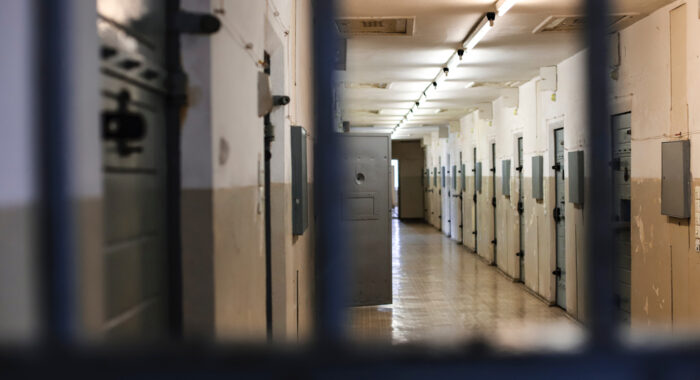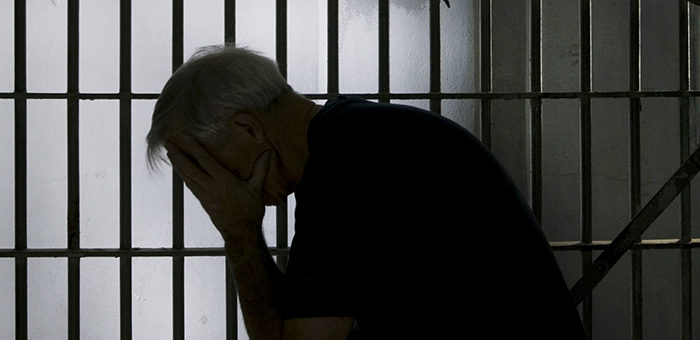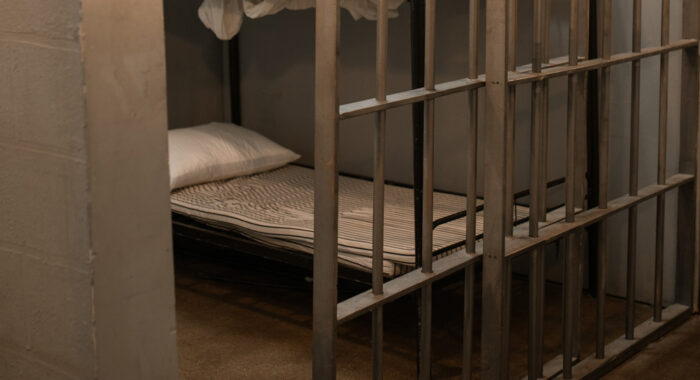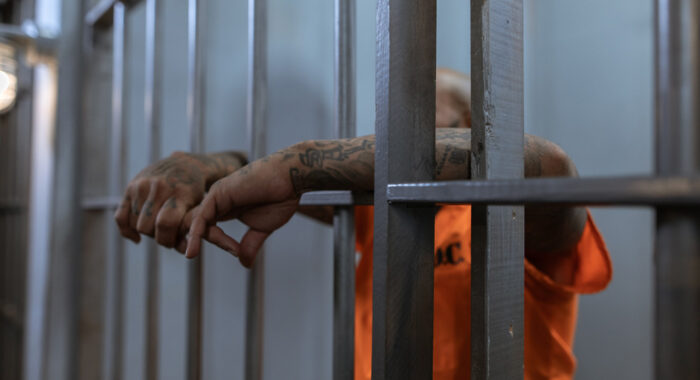
Senators Mike Lee and Dick Durbin introduced a bipartisan prison reform bill that would reduce excessive mandatory minimum sentences and refocus resources on the most serious offenders and crime prevention. NAE Vice President Galen Carey joined Justice Fellowship President Craig DeRoche and other faith-based leaders in a letter to the Senators expressing their support.
Dear Senators Durbin and Lee:
As a diverse group of faith-based organizations, we are writing to voice our support for the Smarter Sentencing Act (SSA), a bill that advances more effective and just criminal sentencing.
The current federal prison system’s population and cost has significantly expanded over the past several decades. In 1980, the federal prison system managed 25,000 inmates. Today, it manages over 219,000 inmates. The system is dangerously overcrowded and operating at nearly 140 percent of its capacity. The federal Bureau of Prisons (BOP) now swallows $6.7 billion or one fourth of the Department of Justice’s budget. This is not only an immense financial expense to taxpayers, but there is an immeasurable human expense paid by so many family members, particularly children, who must cope with the pain and burden of having an incarcerated loved one. Prison overcrowding also makes it more difficult to operate effective rehabilitation programs. As faith-based organizations, we witness and often bear this human cost first-hand as we visit those who are in prison, care for their families, and provide a support network for those who have paid their debt and can return to our communities.
We affirm that crime causes harm at multiple levels of society and those responsible for the harm to others should be held accountable to those they hurt and their communities. We believe that the aim of the criminal justice system should be to bring healing to the victim and their community, to restore the offender, and to deter crime. Unfortunately, our current sentencing scheme doesn’t achieve these goals. As a result, our federal prison system has lacked the necessary focus and is now unduly burdened with people serving lengthy sentences for committing nonviolent crimes.
We must be good stewards of our limited federal criminal justice funding. This bipartisan bill is an incremental approach that aims to refocus resources on the most serious offenders and on crime prevention.
Drug offenders make up nearly half of the BOP population. The SSA, which applies only to nonviolent drug offenses, takes modest but necessary steps to improve current drug sentencing policy. First, the SSA lowers certain drug mandatory minimums, but does not lower the maximum sentences for these offenses. This approach maintains a floor that will be applied to all who commit the same drug-related offense. Second, the SSA allows certain inmates who did not appropriately receive the benefits of the Fair Sentencing Act to petition for sentence reductions consistent with the Fair Sentencing Act. Finally, it slightly broadens eligibility criteria for the federal “safety valve,” allowing judges to impose individualized sentences for certain nonviolent drug offenders who fall into criminal history category two or less and who meet the other elements of the safety valve’s strict objective test. Violent offenders will not be eligible for this relief.
We long for a justice system that comprehensively reflects restorative justice principles. We believe the SSA is a step toward that goal and we urge broad support for these reasonable and critical reforms. Thank you.
Sincerely,
Minister Leslie Watson Malachi
Director
African American Ministers in Action
Curtis Ramsey-Lucas
Managing Director, Resource Development
American Baptist Home Mission Societies
Rev. Joel Boot
Executive Director
Christian Reformed Church in North America
H. David Schuringa
President
Crossroads Bible Institute
Ford Rowan
Director of Human Rights Ministries
Disciples Justice Action Network
Debbie Blue
Executive Minister of Compassion, Mercy and Justice
Evangelical Covenant Church
Judith Roberts
Program Office for Racial Justice Ministries
Evangelical Lutheran Church in America
Ruth Flower
Legislative Director
Friends Committee on National Legislation
Craig DeRoche
President
Justice Fellowship
Larry Couch
Lobbyist
National Advocacy Center of the Sisters of the Good Shepherd
Galen Carey
Vice President
National Association of Evangelicals
Marge Clark, BVM
Lobbyist for Domestic Human Needs
NETWORK, A National Catholic Social Justice Lobby
Reverend Kip Banks
Interim General Secretary
Progressive National Baptist Convention, Inc.
Dr. Iva E. Carruthers
General Secretary
Samuel DeWitt Proctor Conference
Greg Johnson
President
Standing Together
Taquiena Boston
Director, Multicultural Growth and Witness
Unitarian Universalist Association
Rev. Sala Nolan Gonzalez
Minister for Criminal Justice and Human Rights
United Church of Christ Justice and Witness Ministries
Bill Mefford
Director of Civil and Human Rights
United Methodist Church



 View All Updates
View All Updates 
















